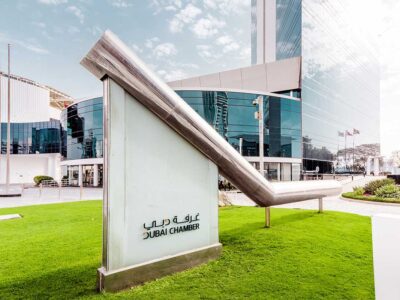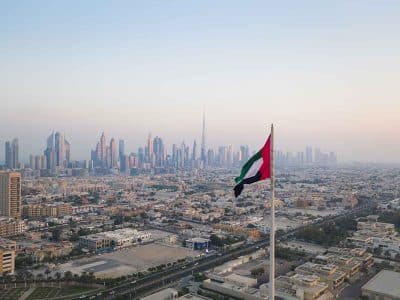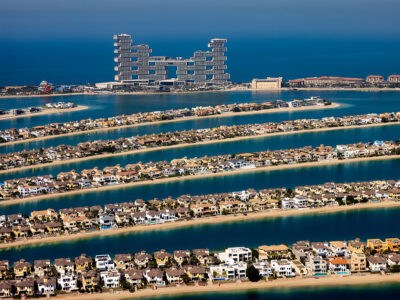Lebanon is entering a phase of “deadlock and total paralysis”, political sources have told Arabian Business, as the wait goes on for a new government to be formed.
Amid mounting economic problems, Lebanese President Michel Aoun has set October 15 as the date for binding consultations with parliamentary blocs to designate a new prime minister, in a bid to make a breakthrough in the cabinet formation impasse.
The one-day consultations will take place more than two months after caretaker Prime Minister Hassan Diab resigned over the August 4 port explosion and 19 days after Prime Minister-designate Mustapha Adib stepped down, saying he was unable to break the deadlock over the shape of the new government.
Political sources told Arabian Business: “There is no new government before the regional and international scene takes shape. Lebanon has entered, politically, economically, and financially, a phase of deadlock and total paralysis, and everyone awaits the results of the US presidential elections (November 3) and the foreign policy that will be adopted in the region and the world and their repercussions on Lebanon through understanding if they happen or continue to escalate,”.

Meanwhile, France will hold a humanitarian aid conference for Lebanon in November, French Foreign Minister Jean-Yves Le Drian said Wednesday. The conference was initially planned for the end of October.
The same sources warned against tightening the “economic and financial stranglehold” on Lebanon, following the continued printing of Lebanese currency in huge quantities, which led to inflation, bankruptcy and the rise in the dollar exchange rate against the national currency, plus an unprecedented rise in prices.
On increased uncertainties, Lebanon saw this week a further deterioration in the Lebanese pound against the US dollar on the back FX market. The US dollar reached the LBP/$9,000 threshold on Thursday – the pound has now lost more than 83 percent of its value in a year.
Lebanon’s foreign assets dropped by $2.53 billion during September, leaving the Central Bank (BDL) with minimum bank reserves that cannot be used to finance trade, thus adding pressure on finding new ways to support basic commodities.

Central Bank governor Riad Salameh reiterated last month that the BDL can no longer drain its remaining foreign currency reserves to subsidise fuel oil, wheat, and pharmaceutical drugs.
With fears that the fuel subsidies will be removed, queues of cars standing in lines in front of petrol stations seem to be part of daily life in Beirut.
BDL’s foreign assets decreased by 30.43 percent ($11.34 billion) year to date to $25.93 billion in September. This notable decline is driven by BDL’s subsidisation of imports of basic commodities (such as medicine, fuel and wheat) and basic food imports including a basket of 300 essential food items, in addition to imports of industrial raw materials.
Currency in circulation rose from $7 billion at end-December 2019 to $21.6 billion in September, with the excessive Lebanese pounds adding pressure on the exchange market and powering inflation.








